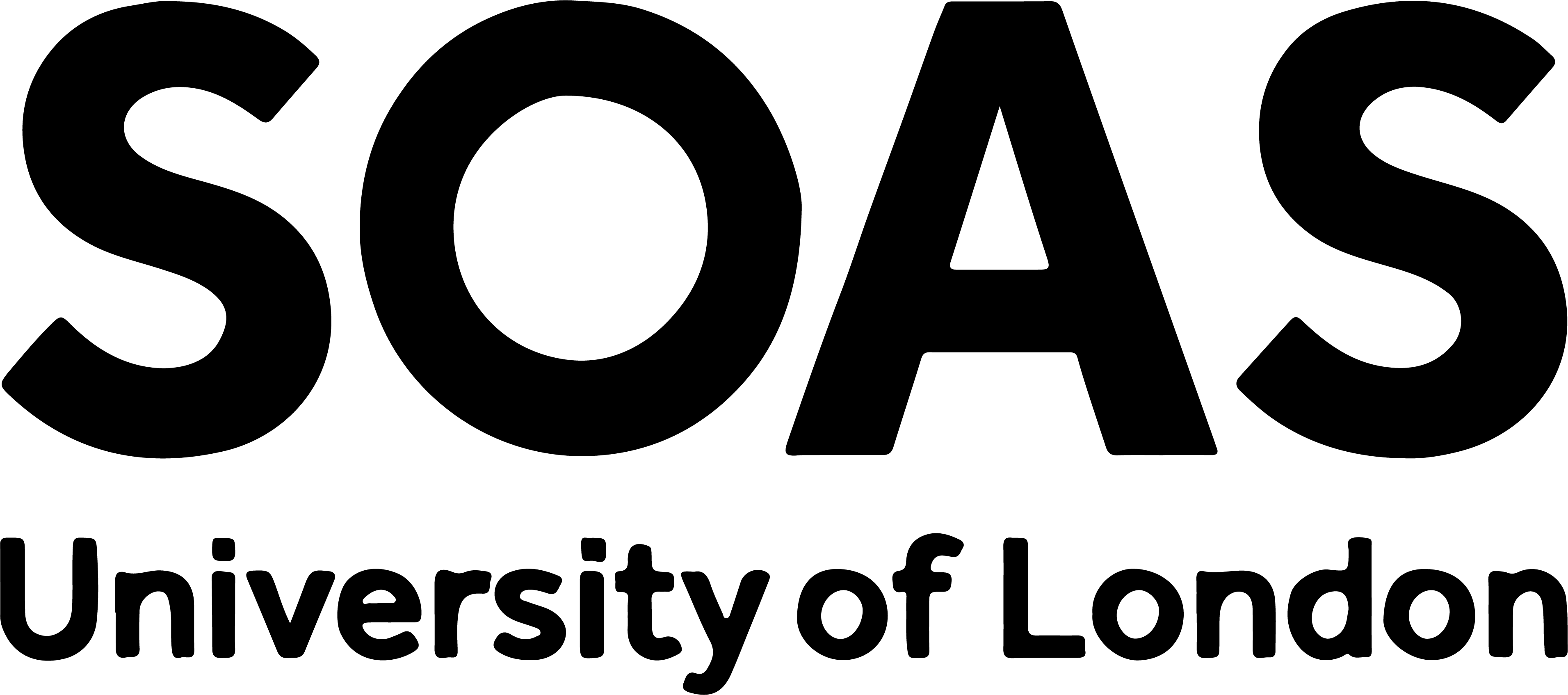
Food provisioning in asylum hotels

Charlotte Sanders
Location: South England
Timeline: 2022-2024
Location: South England
Timeline: 2022-2024
PROJECT DETAILS
The UK has witnessed in recent years a proliferation of types of accommodation for asylum seekers and refugees, including army barracks, schools, hotels, ships, rural houses, and purpose-built centres. These facilities accommodate but also confine people in ways that break down neat distinctions between carceral and non-carceral spaces. From 2020, the UK Home Office increasingly began relying on ‘contingency hotels’ to house asylum seekers. By December 2023, 45,800 asylum seekers were being housed in hotels, according to a 2024 report by the National Audit Office - 5 times the number in 2019. Earlier this year the National Audit Office said it expects the Home Office to have spent £3.1bn on hotels in the financial year ending in March 2024 alone, though the Labour government has committed to reducing the reliance on these hotels.
The accommodation and food provided in these hotels is provided by private companies via private contracts worth billions of pounds. These companies act as middle-men, sub-contracting firms within their networks. A joint investigation by Open Democracy found that the Home Office holds no centralised data on the performances of these companies. This lack of oversight and transparency creates conditions in which private companies can generate hundreds of millions of pounds in profit while failing to comply with basic standards of provision. Despite the enormous costs, the quality of accommodation and support for people seeking asylum is poor.
This project seeks to understand the lived realities of residing within these asylum hotels, through the lens of food provisioning.
APPROACH
Through a series of ethnographic interviews with asylum seekers who were or had previously been accommodated in these ‘contingency hotels’, this project investigates the lived realities of residence in the spaces. The food provisioning within these hotels - and specifically restrictions placed around food consumption, and the frequently poor quality and nutritional value of what is available - was one of the most prevalent threads of these discussions.
Ethnographic interviews were conducted with people currently residing in asylum hotels, or who had previously resided in such establishments, conducted in person and via zoom, often with an interpreter present.
RESOURCES

Short Film
Hard to stomach: Food provisioning and carcerality in asylum hotels
Hard to stomach: Food provisioning and carcerality in asylum hotels


